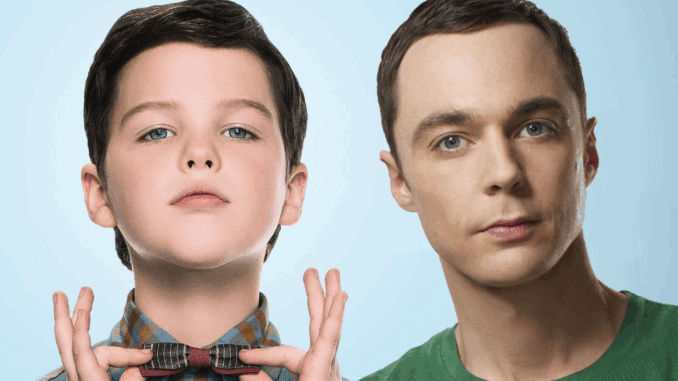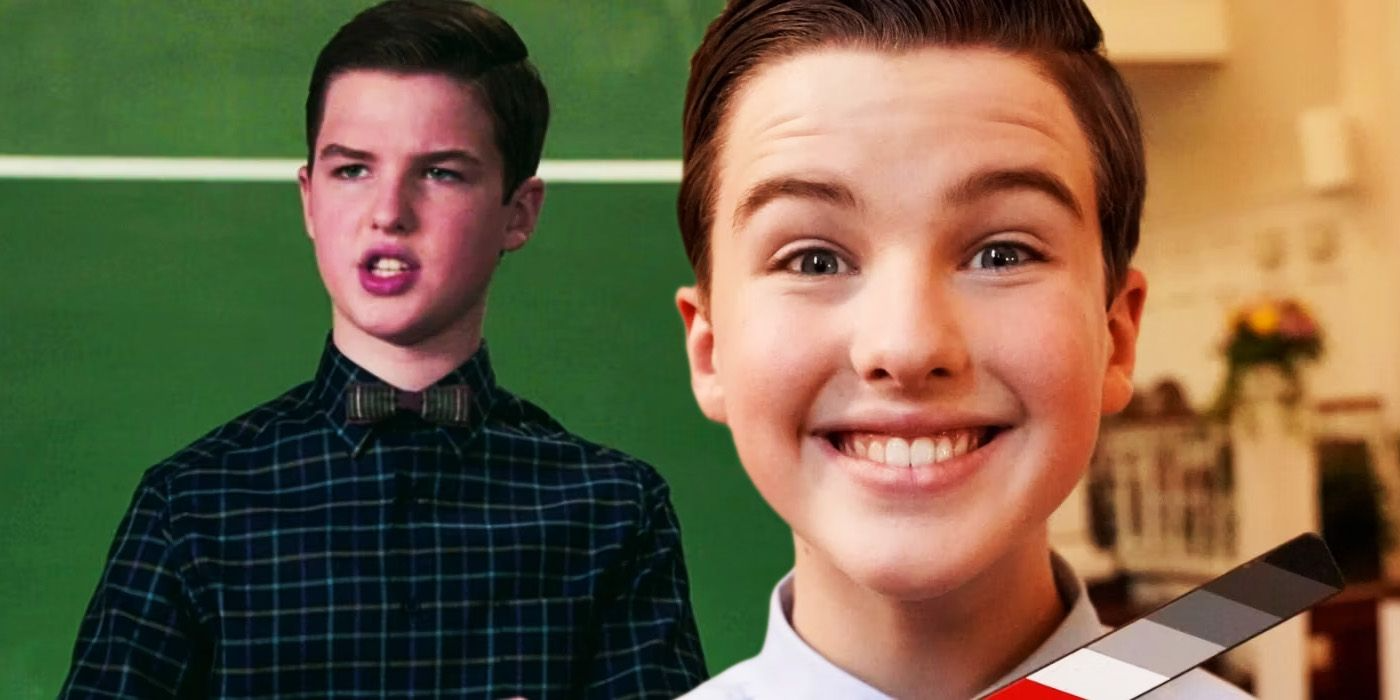
Sheldon Cooper, the eccentric genius from The Big Bang Theory, is known for his unique quirks and sometimes abrasive personality. However, in the prequel series Young Sheldon, the character is portrayed with a different tone. Executive producer Steve Molaro sheds light on this intentional shift in characterization.
A Conscious Creative Decision
Steve Molaro, who co-created Young Sheldon alongside Chuck Lorre, explains that the portrayal of Sheldon in the prequel was a deliberate choice. He states, “When we were writing that pilot we didn’t want to just write him as adult Sheldon and have a kid just say it. As annoying as adult Sheldon can be, he can get away with it so we decided he’s not this person yet – we made him a lot more naive.”
This approach aimed to depict a younger, more innocent version of Sheldon, allowing audiences to witness his development into the character seen in The Big Bang Theory.
The Role of Family in Shaping Sheldon
In Young Sheldon, Sheldon’s interactions with his family play a significant role in his behavior. Unlike the adult Sheldon, who often lacks social awareness, the young Sheldon is frequently corrected by his mother, Mary Cooper, and his grandmother, Meemaw. Their guidance helps shape his understanding of social norms and appropriate behavior.
Molaro emphasizes that this familial influence contributes to the gentler portrayal of Sheldon in the prequel series. The presence of strong parental figures provides a counterbalance to his eccentricities, fostering a more relatable and endearing character.
Maintaining Consistency with The Big Bang Theory
While Young Sheldon explores Sheldon’s early years, it strives to maintain consistency with the character’s development in The Big Bang Theory. The show’s creators aim to depict Sheldon’s growth from a naive child prodigy to the socially awkward adult seen in the original series.
Molaro notes that this progression is essential to the storytelling, ensuring that viewers can trace Sheldon’s evolution over time. By highlighting his formative experiences and interactions, Young Sheldon provides context for the behaviors and traits exhibited by the adult Sheldon.
Audience Reception and Character Evolution
The shift in Sheldon’s portrayal has been met with positive reception from audiences. Viewers appreciate the opportunity to see a more vulnerable and developing version of the character, offering a deeper understanding of his complexities.
As Young Sheldon progresses, the character continues to evolve, reflecting the challenges and growth experienced during his formative years. This evolution adds depth to Sheldon’s character, enriching the overall narrative of both series.
Conclusion
The decision to portray Sheldon Cooper as a more naive and less abrasive character in Young Sheldon was a thoughtful creative choice aimed at exploring his early development. Through the influence of his family and the depiction of his growth, the prequel series offers a nuanced portrayal of a beloved character, providing audiences with a deeper connection to Sheldon’s journey.
Frequently Asked Questions (FAQs)
1. Why is Sheldon portrayed differently in Young Sheldon compared to The Big Bang Theory?
The creators aimed to depict Sheldon’s early years with a more naive and innocent perspective, focusing on his development into the adult character seen in The Big Bang Theory.
2. How does Sheldon’s family influence his behavior in Young Sheldon?
Sheldon’s mother and grandmother play pivotal roles in guiding him, correcting his behavior, and helping him navigate social norms, contributing to his character development.
3. Does Young Sheldon maintain continuity with The Big Bang Theory?
Yes, the prequel series strives to maintain consistency, depicting Sheldon’s growth from a child prodigy to the adult character in the original series.
4. What is the audience’s reception of Sheldon’s portrayal in Young Sheldon?
Viewers appreciate the opportunity to see a more vulnerable and developing version of Sheldon, offering a deeper understanding of his complexities.
5. How does Sheldon’s character evolve in Young Sheldon?
As the series progresses, Sheldon faces challenges and experiences growth, reflecting the formative years that shape his adult personality in The Big Bang Theory.
